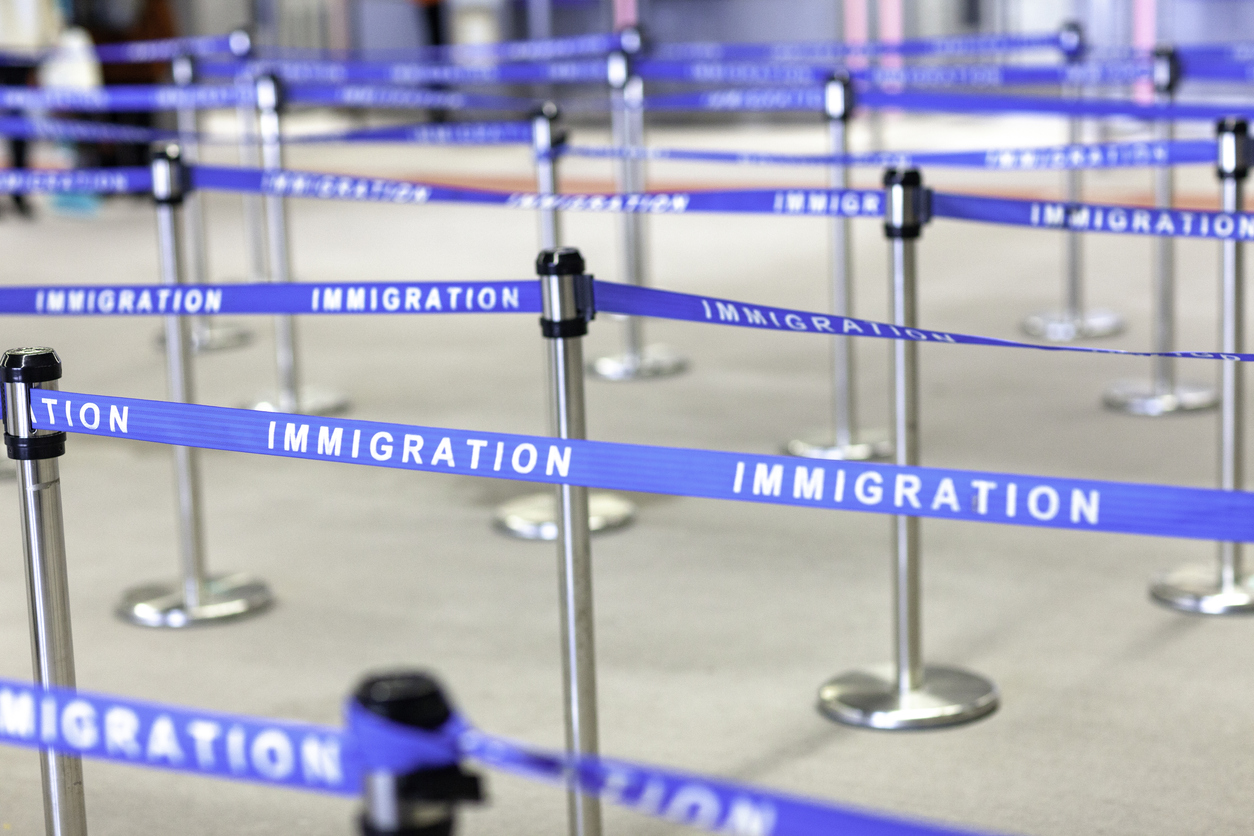How to Apply for a Visa in Nigeria: The Ultimate Guide
How to Apply for a Visa in Nigeria: The Ultimate Guide
If you are planning on traveling to Nigeria then it is important to know what documents you will need. This guide will tell you everything you need to know about getting a visa in Nigeria. From the types of visas available to how they are issued and what they cost, this guide has it all.
What is a visa?
A visa is a permission slip for you to enter or remain in a country for a specified period of time. The primary purpose of a visa is to allow people to enter or remain in the country to conduct business, visit relatives, or live there. If someone has their own residence permit and employment permit then they do not require a visa to enter the country.
Visa types
There are three types of visas available:
1- A visiting visa: This type of visa is issued by the visa department at your home country’s embassy or consulate and allows you to be present in the host county for up to 90 days. Visiting visas can be renewed once but only for an additional 90 days if necessary.
2- An overnight stay visa: This type of visa allows you to stay in Nigeria for up to 30 days and it can be renewed once but only for up to 90 days if necessary.
3- A long term stay visa: This type of visa allows you to stay in Nigeria for any length of time on a recurring basis such as one year, two years, or five years etc… Long term stays aren’t granted so easily but when they are granted, it’s usually issued on an annual basis with no restrictions on renewal.
How to start the process of applying for a visa
in Nigeria
The first step in getting a visa is to make an appointment. You will need to visit the Nigerian Embassy where you intend to apply for your visa. The application process can be complicated, so it’s important that you’re able to find out as much about the process as you can. Once you have made an appointment at your embassy, you will need to complete a Visa Application Form and submit it with all of the relevant documents.
Once your application has been submitted, it will go through a series of checks by immigration officials before they send it back to you or forward it on to the Nigerian Immigration Service (NIS). You will be notified by mail when your visa has been approved or denied.
What can you expect with your visa application?
There are two types of visas available in Nigeria. The first one is the three-month business visa, which allows you to stay in Nigeria for up to three months. The second one is a six-month business visa, which allows you to stay in Nigeria for up to six months.
The process of applying for a visa is simple and straightforward. Before you start, it will be helpful if you have all your documents ready and the following:
A passport that has at least six months until its expiration date
An application form
Two passport photos
Your return ticket or onward tickets
N2,000 for processing fees
The types of visas available
in Nigeria
There are two types of visas available in Nigeria. They are the Schengen visa, which is for a single entry into the country, and the multiple entry visa, which is for multiple entries into the country.
A Schengen visa does not allow you to leave and re-enter Nigeria so it’s only appropriate if you plan on only visiting Nigeria once. A multiple entry visa allows you to enter and leave Nigeria as many times as you want provided you have enough time left on your validity period when you return to the country.
The most common type of visas in Nigeria is the B1/B2 visitor’s visa because it allows visitors from many countries to stay in the country for up to 90 days at a time without requiring an advance work permit or an employment contract.
How to decide which type of visa is right for you
The type of visa that you apply for will depend on the purpose of your trip. For example, if you are planning to come to Nigeria but do not plan on staying, then a visit visa is right for you. If you are planning to stay in Nigeria for more than 90 days, then a work permit or residence permit is what you will need.
However, your trip may have other purposes as well. In these cases, the best thing to do is contact the Nigerian Immigration Service and find out which type of visa is appropriate for your needs.
The cost of the visas
The cost of a visa depends on the type of visa you choose. The most popular types of visas are business and tourist visas, each costing between $50-80 USD. If you want to work in Nigeria, then the cost is $100 USD for a business visa and $250 USD for a work permit.
Types of fees
Visa application fees vary depending of the type of visa you want to apply for. There are five types of visas:
1) Diplomatic
2) Official
3) Service
4) Missionary
5) Transit
For example, a diplomat visa is issued by the Ministry of Foreign Affairs and Emigration. The type of visa you wish to apply for will determine which type of application fee you need to pay.
The fee schedule
for visas
The fees for a Nigerian visa are shown in the table below. As noted earlier, there are different types of visas available for different situations.
Type of Visa Fee
Visa on Arrival US$30
Single-entry visa US$100
Multiple-entry visa US$60/month
Dependant’s visa US$25 each








LEAVE A COMMENT
You must be logged in to post a comment.